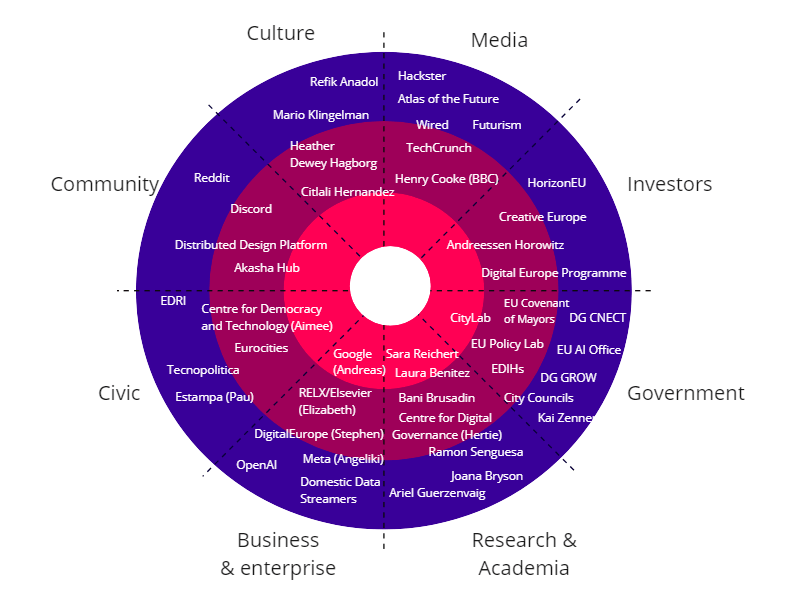Communicating Ideas

Tandem



Reflecting on the key learnings from the “Communicating Ideas” class, I found several valuable insights that have significantly impacted my understanding of effective communication:
Effective Communication Matters: The course emphasised that clear and concise communication is essential. Whether presenting findings, writing reports, or engaging in discussions, the ability to convey complex ideas in a straightforward manner is crucial. I learned to focus on the core message and eliminate unnecessary jargon.
The Power of Narrative: Storytelling transcends mere data and facts. It weaves a compelling narrative that engages the audience emotionally. Stories stick in our minds. When we hear a well-crafted tale, we remember it long after the details of a dry presentation fade away. By incorporating anecdotes, case studies, or personal experiences, we create memorable connections with our audience.
Audience-Centric Approach: Understanding my audience is a cornerstone of effective communication. By analyzing their background, interests, and knowledge level, I can tailor my message appropriately. Whether addressing fellow researchers, policymakers, or the general public, adapting my communication style is essential for stakeholders to feel like your story matters to them.
The Importance of Contextualisation: Stories provide context. They help bridge the gap between abstract concepts and real-world relevance and help audience integrate your message. A story about a patient’s journey can make medical research relatable. A historical account can illuminate the significance of scientific discoveries.
In summary, the “Communicating Ideas” class equipped me with practical skills to disseminate my research effectively. I now better appreciate the power of communication in advancing knowledge and fostering meaningful connections within relevant audiences.
AI Website Maker